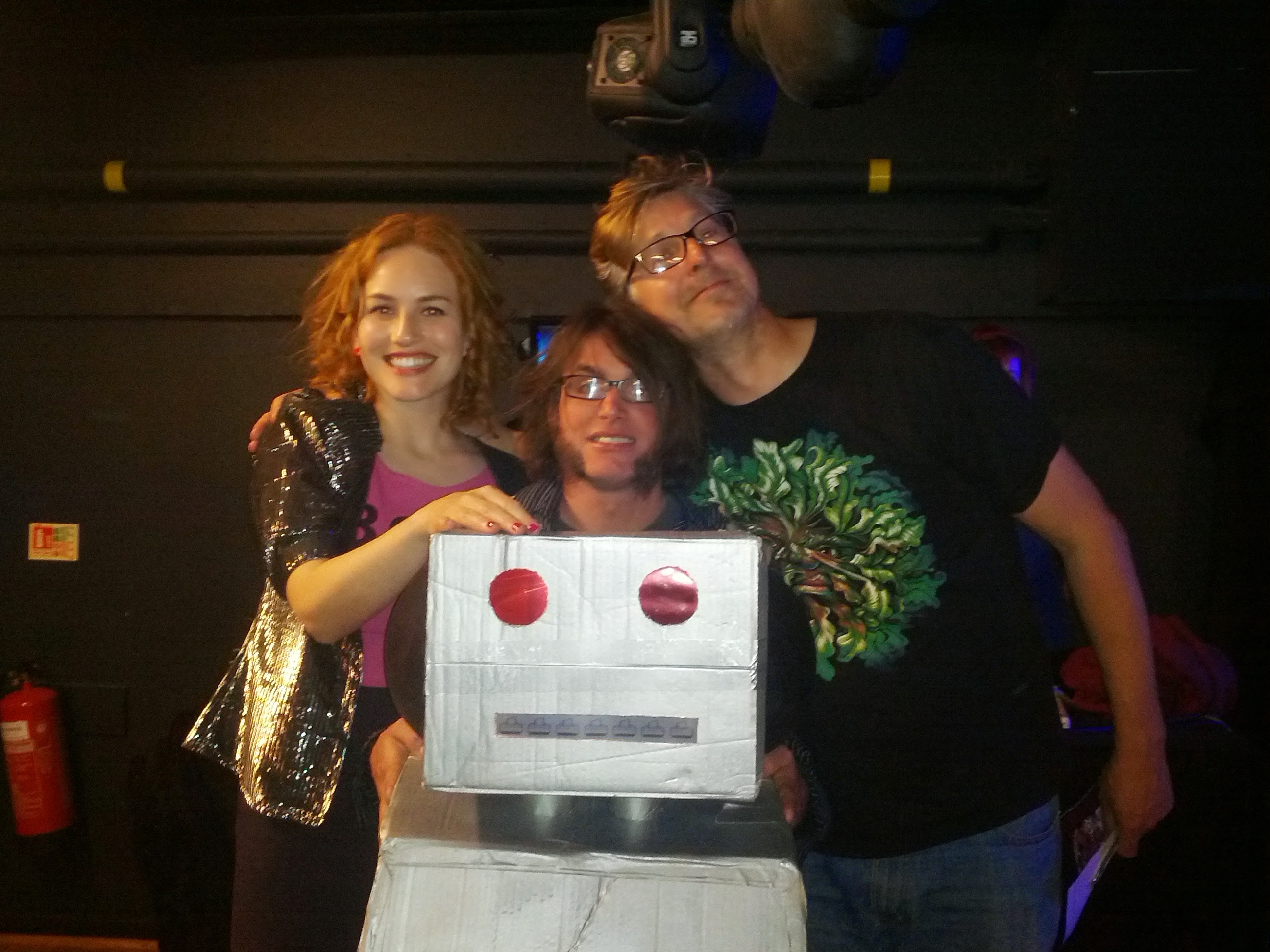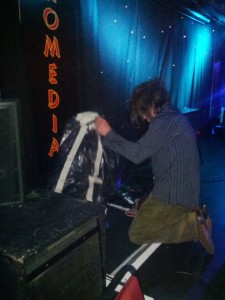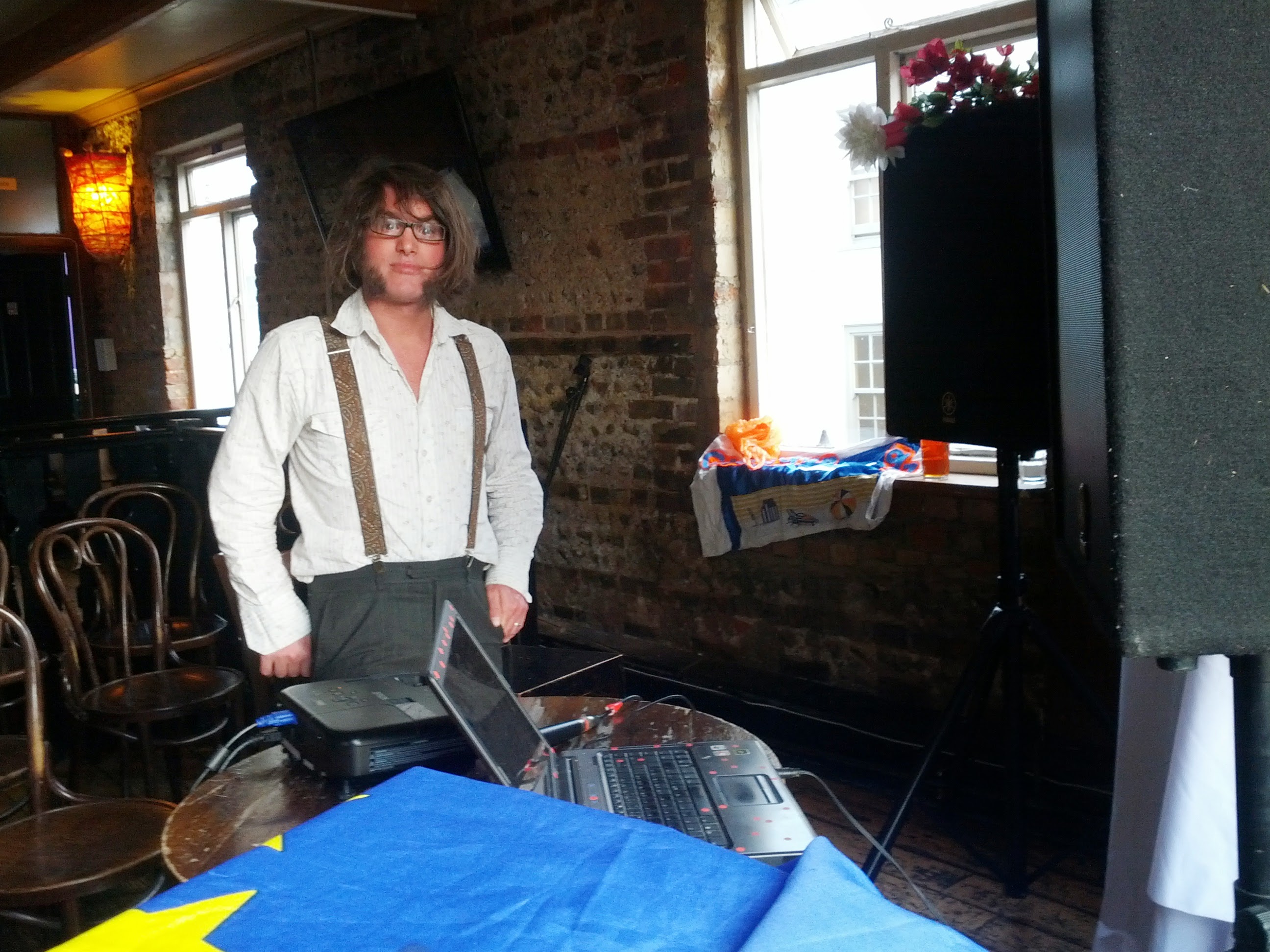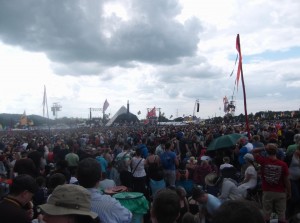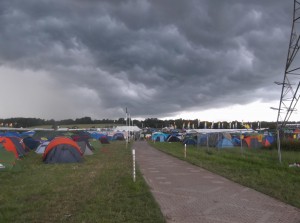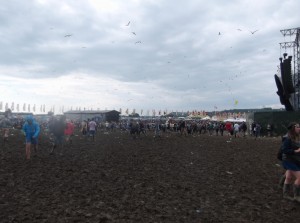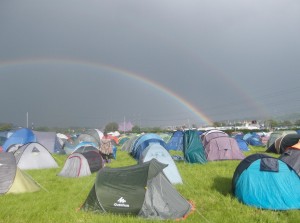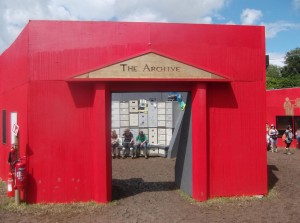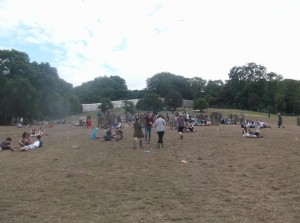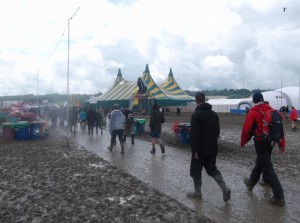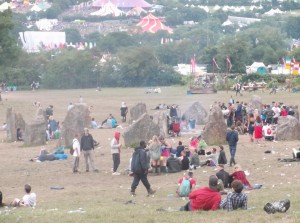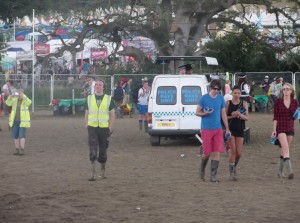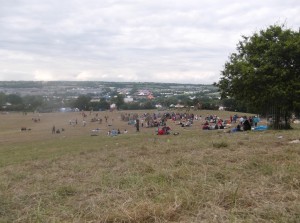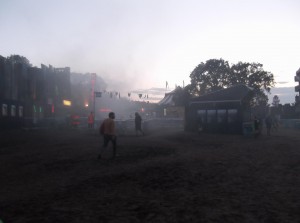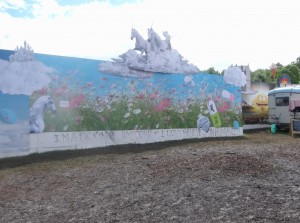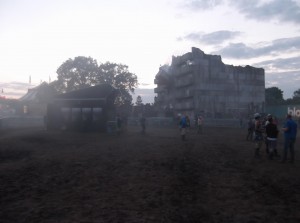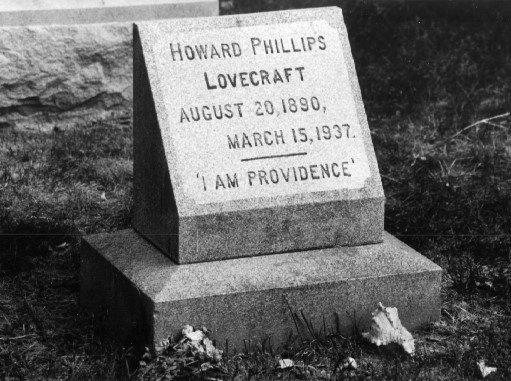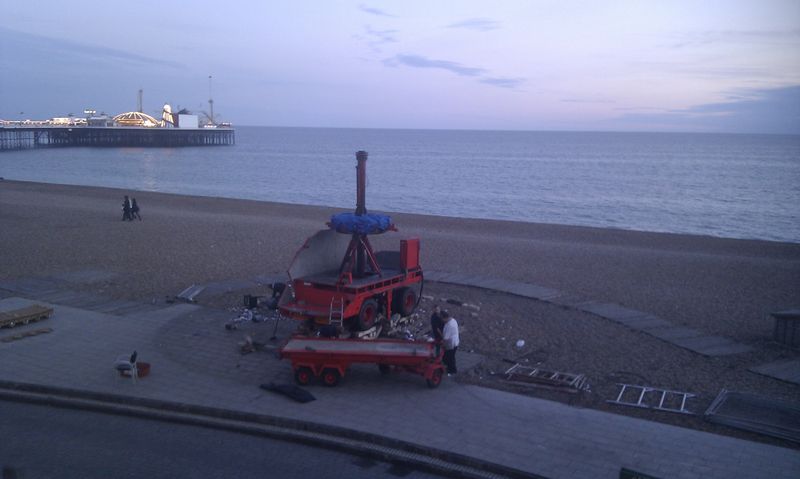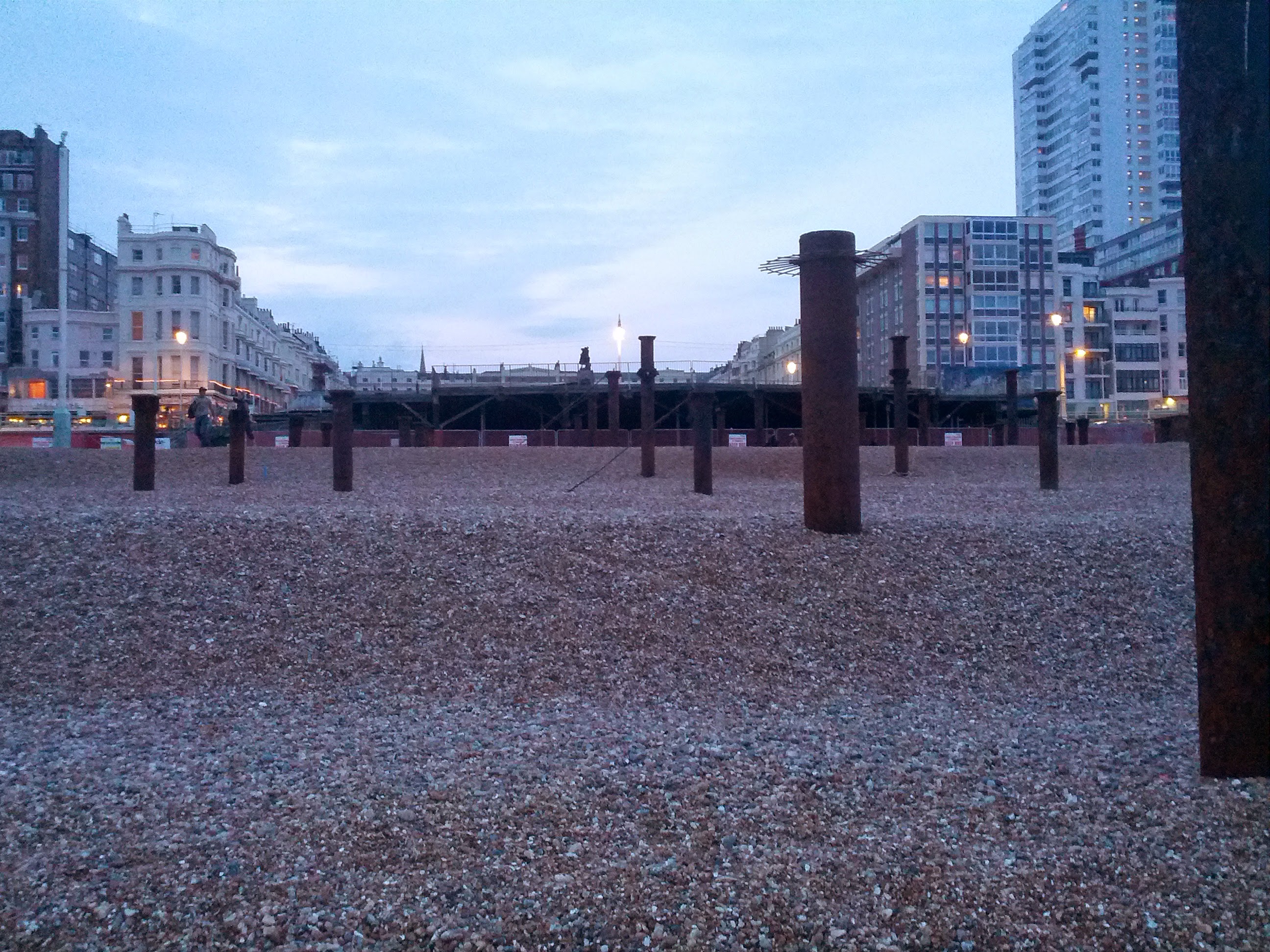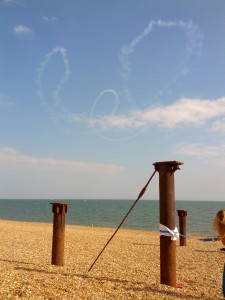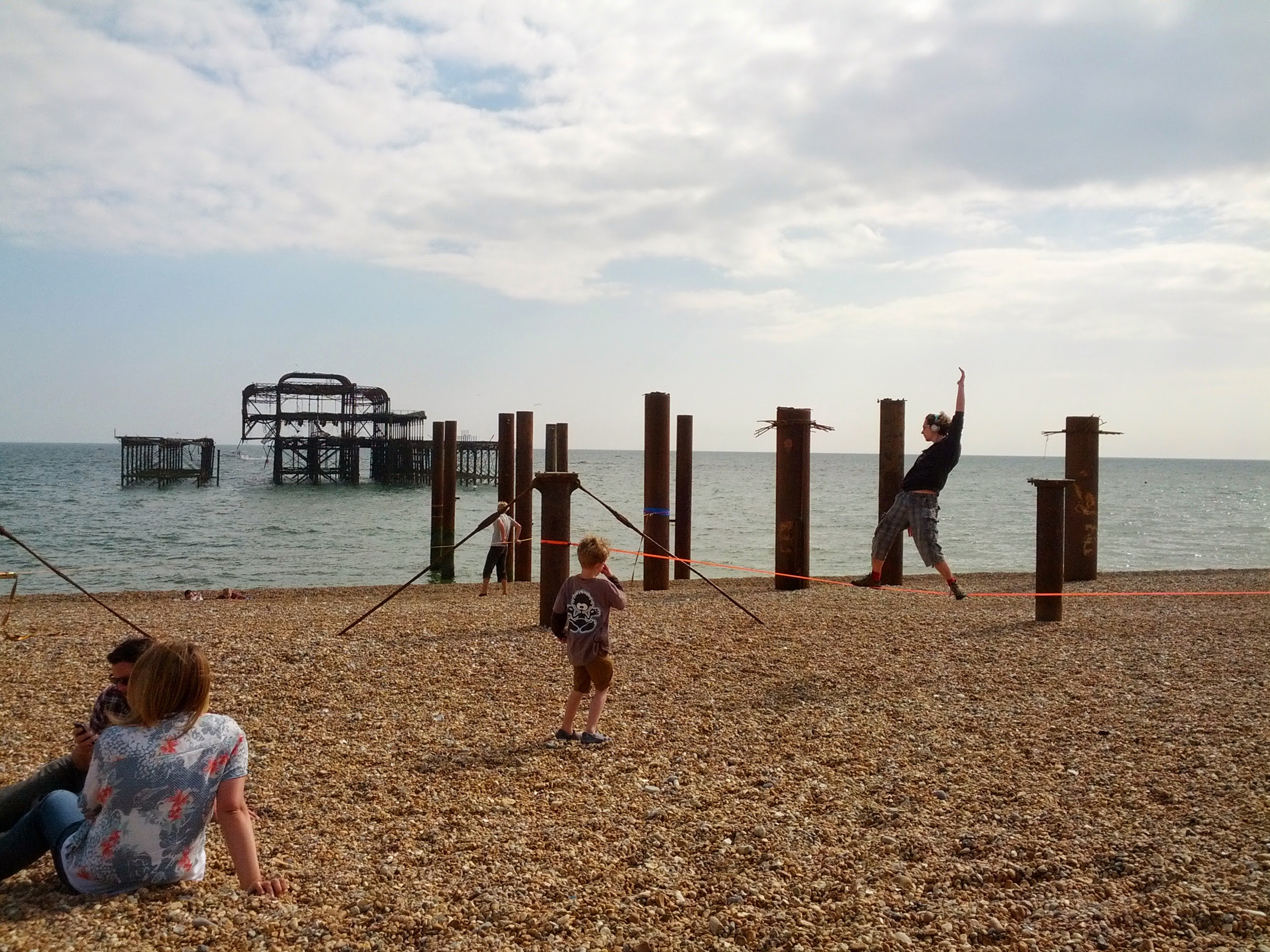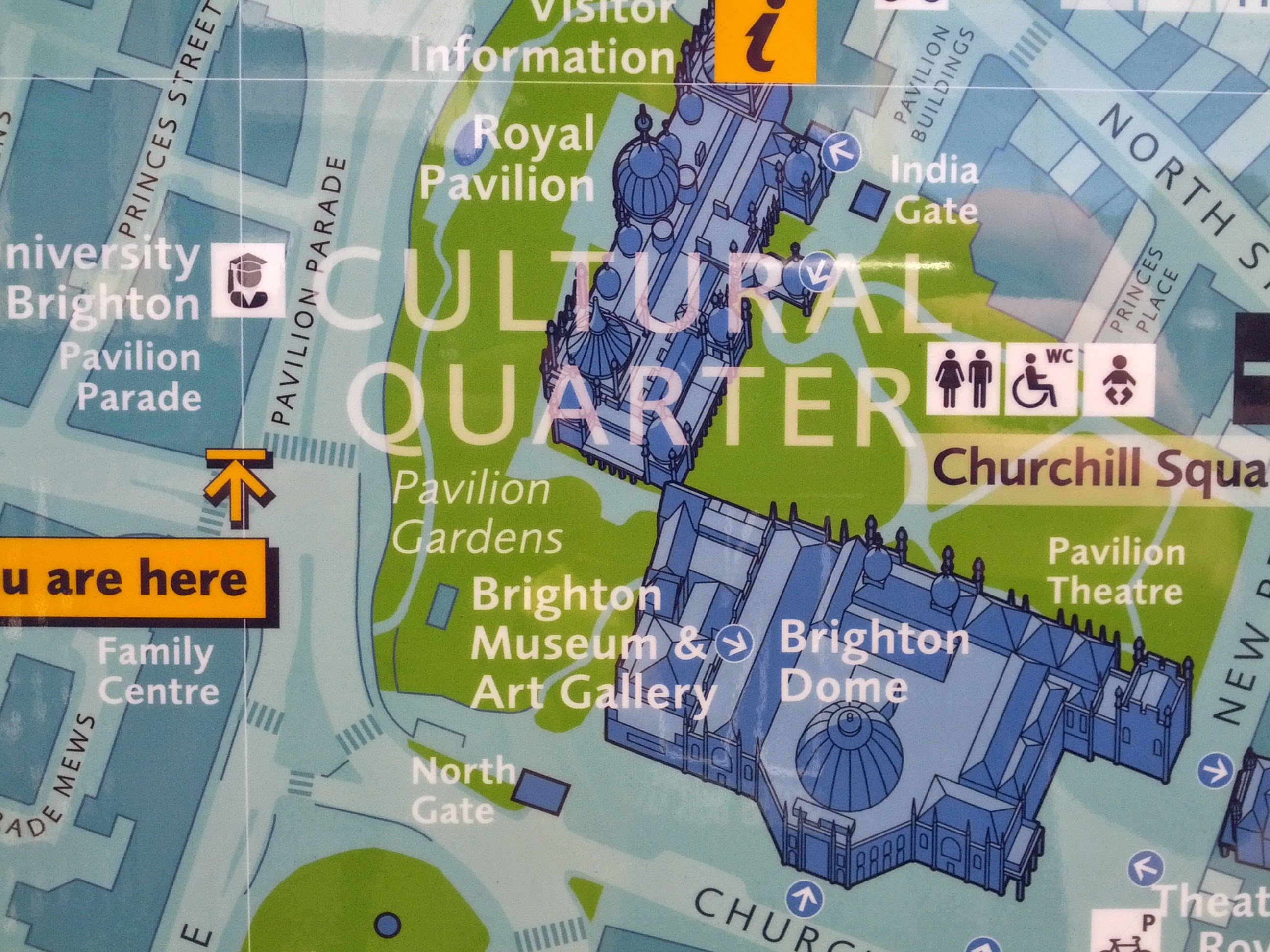It used to be fashionable for companies to write ‘weeknotes’, regular summaries of what they’d done, and what they had planned. These weeknotes are used both to review and to define. Some companies found a week wasn’t long enough to see patterns, to smooth out quirky bits of time, so took to writing monthnotes. For me, life is probably best reviewed in seasons. A few boom/bust mood cycles, enough time to see things change a tiny bit.
My 39th summer has now come to an end. I had a lot planned, particularly for the digital festival, and most of it didn’t happen. But a lot of other things did. I always think of the summer as starting with my birthday. I held a party this year, which was fun:
It did get going once people arrived. Other fun things I did: went to Dungeness with Muffy; saw Method Man at the Dome (I was supposed to see Ghostface too, but he cancelled); hung out with Mike and Sarah Parker at Glastonbury, and with Rosy at Latitude; ran some good sessions at Brighton Java; watched True Detective with Jay; wild-camped on the Downs with Vicky; went to an old school-friend’s party; attended dConstruct and hackcircus; and swimming. I started swimming late this year but made up for it with some lovely dips.
Slash/Night was something that Chris Parkinson and I came up with back in 2013, and it finally took place this month. Chris missed the event but had an amazing excuse, being in Hollywood for the premiere of his film. My old pal Kate Collier-Woods read, and Mathilda Gregory and Muffy Hunter gave talks. Muffy’s piece is online and is well worth a read.
I’ve read thirteen books since my birthday, and most of them weren’t that great. The long-awaited Number 9 bus to Utopia was a good read, and Fluent in Three Months was inspiring. The rest were kind of boring.
Possibly I need to take a little more care what I read.
Best nightmare: I dreamed I was travelling by coach at night through some roadworks and we passed a creepy clown. Why was the clown on the motorway? And why was he smiling like that? And, even worse, the coach was slowing down. Getting back to sleep was difficult.
Work has been more gruelling than I would have liked. I’m not sure how much of that is down to my attitude and how much is due to inevitable changes. But I’m still mostly happy with my job. I feel that I’m doing something worthwhile, something that improves people’s lives. Better that than working out how to trick people into clicking on ads or helping consumers to engage with brands.
Growing older is weird. I broke a tooth and went to the dentist. He told me I was reaching the age where my teeth might be inclined to crumble a little. Yet I’ve always felt like I’m still learning to be me, still working towards being a particular person. It might be healthier to just admit the person I am and get on with that.
Summer is never what you think it will be. Time passes too quickly. I should have spent less time indoors and done more with the days. But that’s a lesson learned. I’m going into the Autumn with few commitments. Maybe, if I cut down on my inputs, on my demands to myself, I’ll do far more with my time.
14th June to 26th September 2014








